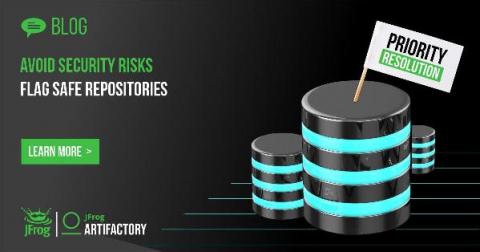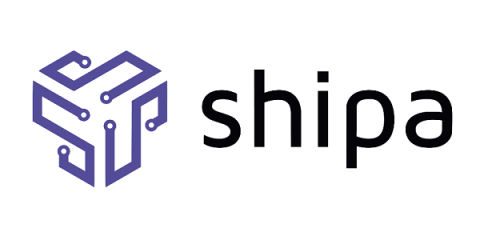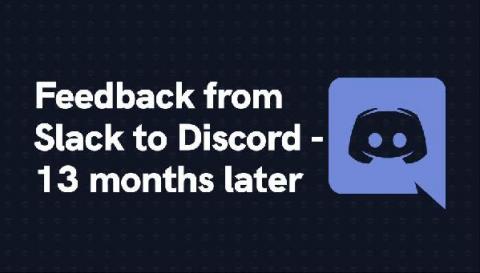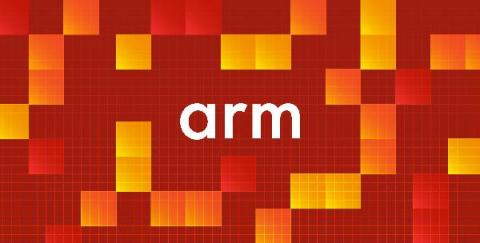What is Prometheus rate?
Prometheus was originally developed in 2012 and has grown in popularity since then. It's an open-source systems toolkit that monitors and alerts. While it was developed for SoundCloud, the project is now independent and standalone. Why would you need this model? It comes with several features, but perhaps the most important ones are the fact that it offers multiple graphing modes, dashboard support, and does not rely on distributed storage. Instead, it uses autonomous single server nodes.











